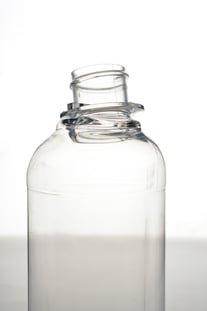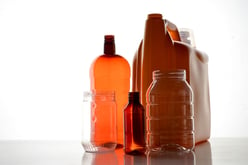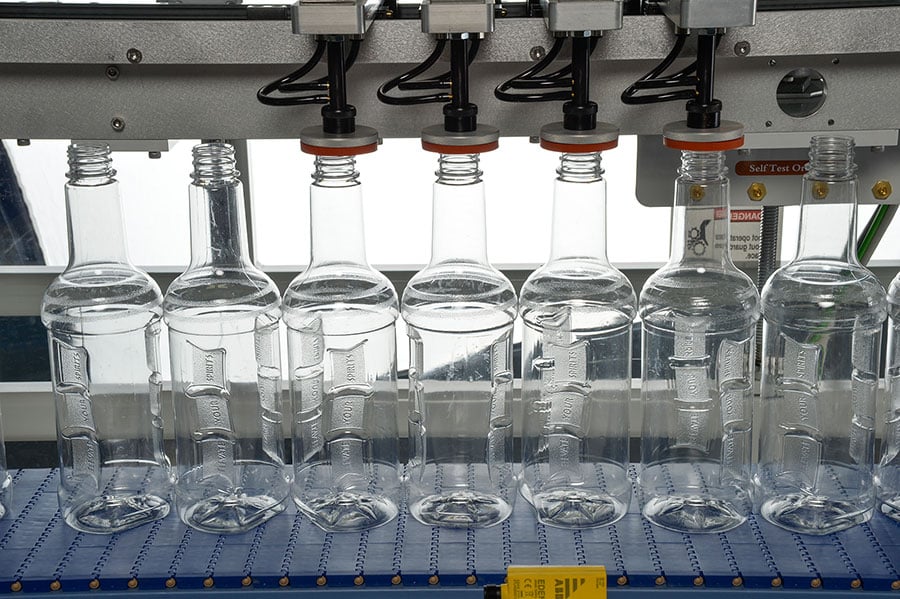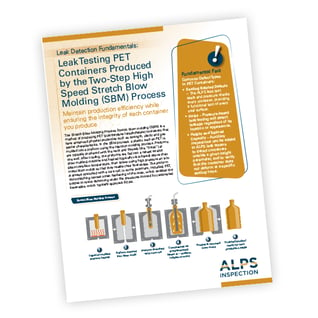PET Leak Testing for Bottles
ALPS Inspection is a global leader in the leak testing of PET bottles.
ALPS Inspection is a global leader in the leak testing of PET bottles.
 When producing plastic bottles and containers, it is important to utilize tests, such as leak testing, to ensure that certain quality control parameters are met before the bottle and the product are combined.
When producing plastic bottles and containers, it is important to utilize tests, such as leak testing, to ensure that certain quality control parameters are met before the bottle and the product are combined.
By introducing a pressure decay leak test procedure for PET bottles, manufacturing companies can guarantee a high-quality product, free of quality issues.
ALPS Inspection has become a global leader in the leak testing of PET bottles, testing over 25 billion PET bottles annually. ALPS has tested both One-Step Injection Stretch Blown and Two-Step Stretch Blown PET containers.
ALPS can test a variety of bottles in different shapes, sizes, and at different production speeds. ALPS' wide array of machines can test containers produced as slowly as 10 bottles per minute, BPM, or as fast as 1200 BPM.
PET or polyethylene terephthalate is a polyester material that can be extruded or molded into numerous shapes including plastic bottles, food containers, and other consumer-based products. PET is super strong, yet lightweight, while providing an economical, non-reactive, shatterproof option for liquid, food, and consumable product transportation.
Functional leak test procedures for liquid bottles allow for the verification and functionality of every bottle that is produced by a facility. Testing also protects from random quality issues that sampling cannot always detect, monitors the overall blow molding process, protects inventory, and prevents costly returns.
Most clear bottles are produced on high-speed PET blow molders. Common bottle types include carbonated soft drinks, water, sports drinks, juices, specialty beverages, ready-to-drink teas, dressings, sauces, food oils, wide mouth jars produced at high volumes, and cleaners, among others. The process is ideal for high speed and efficient production of clear containers with precise neck finishes.
 Leak testing of PET bottles has evolved to become a best practice by providing the following benefits:
Leak testing of PET bottles has evolved to become a best practice by providing the following benefits:
There are a wide range of defect types that can be found within the mass scales of PET bottle production. Even the smallest defect can produce negative implications, which can result in a less than exceptional level of product quality. When performing a bottle leak test, we seek out the following types of defects:
To learn more about the common defect types, check out our blog: What causes different plastic defects and how to prevent them.

Inspection Insights Blog
A collection of insightful content written by the leak detection experts at ALPS Inspection. The collection includes practical tips, best practices, and how to’s on leak detection and package integrity.
Read through our Leak Detection Fundamentals collection to learn about the best method and machines for leak testing your container type.

Leak Testing PET Containers Produced by the Two-Step High Speed Stretch Blow Molding Process
To discover your ideal leak detector, fill out a form confirming your requirement and an ALPS expert will be in touch.